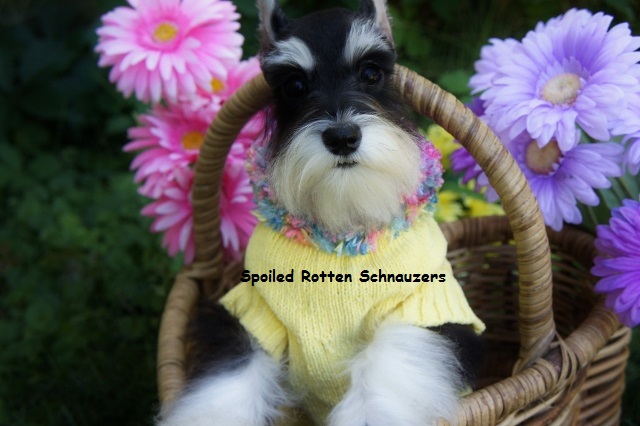Reverse Sneezing

.
On the roof of your dogs mouth there is a hard palate with a soft, fleshy tissue that extends off it. That soft tissue part is called “the soft palate.” When this soft palate is irritated, it can cause spasms which can result in what they call a “reverse sneeze.” So funny enough, a reverse sneeze has nothing to do with actual “sneezing.”
The dog usually will extend out their neck and make a loud, forceful snorting sound while gasping. Most of the time the dog will turn their elbows outward. It can be very scary to watch if your not familiar with it, but reverse sneeze do not pose any threats to your dogs. They are NOT going to pass out, collapse, choke, suffocate, or die from a reverse sneeze, which is a fear alot of people have when they see one for the first time. Reverse sneezing is actually pretty common & usually completely harmless. One minute the dog will be just fine then all of a sudden the dog will have a reverse sneeze attack then go back to being just fine again. A reverse sneeze rarely ever requires medical attention. A reverse sneeze “episode” might last a minute or two.
.
Is Reverse Sneezing Contagious?
Answer: No, not at all.
What is the Treatment for Reverse Sneezing?
If allergies are what is causing the reverse sneezing, then antihistamines will help. If mites in the laryngeal area are triggering the reverse sneeze, then your vet will need to prescribe some medicine.
Most people will either ignore or distract the dog by taking them outside to get some fresh air. You can gently massage the dogs throat to help relax the spasms OR cover the dogs nose for a quick second to force the dog to swallow which can help clear out any irration.
.
.
.
What Triggers Dogs To Reverse Sneeze?
Reverse sneezing is actually really common and can be triggered by so many things. Examples might be: rapid eating or drinking, heavy or even an intolerance to exercise, alot of excitement, pulling on the leash. Or your pet could have a type of allergy or get an irritant to things like cleaning chemicals, perfumes, dust, mites. If your dog picks up a virus that can sometimes trigger it. Nasal inflammation & post-nasal drip are also causes.
How Can I Prevent My Dog From Getting Reverse Sneezing?
You can’t. There is nothing currently that can prevent reverse sneezing. Dogs just have episodes of it here and there and then go on with life as usually.
What Age Do Dogs Usually Start Doing a Reverse Sneeze?
Any breed & any age of dog can have a reverse sneezing episode. . however it is more common in small breed dogs. Short faced dogs are also really prone for it. ( Pugs, Boxers, Bulldogs, Boston Terriers, Shih Tzus etc….)